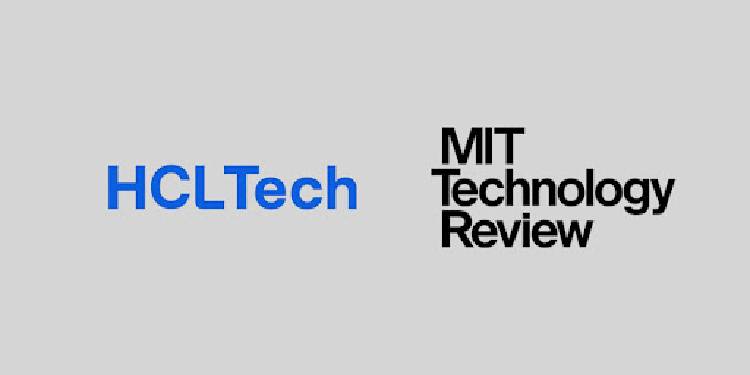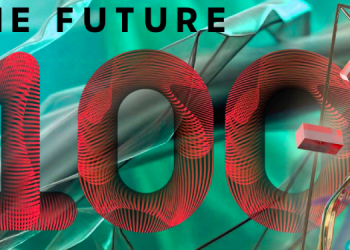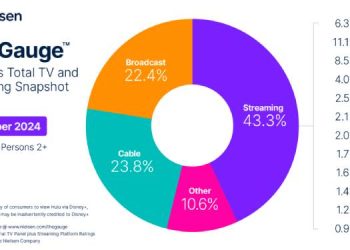MUMBAI: A study by HCLTech, a global technology company, and MIT Technology Review Insights has revealed that while 87% of business executives believe that responsible AI principles are critical to adopt, 85% of all the executives say they are not well prepared to implement them.
The findings reveal that despite the recognised importance of responsible AI, a significant gap exists between the acknowledgment of its importance and the ability to implement it effectively.
The challenges attributed to the adoption versus preparedness gap include:
Complexity of implementation
Lack of expertise
Difficulties in managing operational risks
Regulatory compliance challenges
Inadequate resource allocation
On a more optimistic note, the study revealed that business executives plan to increase investments in building responsible AI in the next 12 months.
The report — Implementing Responsible AI in the Generative AI Age — was released at the sidelines of the World Economic Forum’s Annual Meeting in Davos. It outlines the key challenges faced by enterprises as they integrate responsible AI, with major concerns including bias and fairness, data privacy and security, compliance with regulations, operational disruptions and user adoption. The report also details how organizations can integrate responsible AI effectively and sustainably following best practices to enhance readiness.
The quantitative study is based on a survey of senior business leaders across multiple industries globally.
Some of the key report findings:
GenAI and AI-driven transformation are progressing from proof of concept to wider adoption, with executives acknowledging AI’s potential to drive productivity and innovation in key business functions like customer service, software development and marketing.
Responsible AI can provide a competitive advantage. Most executives say their business will increase investments in building responsible AI in the next twelve months.
Agentic AI, which operates autonomously with minimal human involvement, is being adopted and gaining traction in lower-risk areas, such as IT operations, where it can work alongside humans.
While half of respondents are confident in managing operational risks, less than a quarter feel prepared to handle issues related to user adoption, change management and bias.
Steven Hall, president of Europe and Chief AI Officer of ISG, whose advisory firm covers the AI space and who was interviewed for the report, said, “Although we all know AI is the most influential change in technology today, there is still a huge disconnect on how to embrace it. “Everybody understands how transformative AI is going to be and wants strong governance, but the operating model and the funding allocated to responsible AI are well below where they need to be given its criticality to the organization.” Hall said.
According to Vijay Guntur, CTO & Head of Ecosystems, HCLTech, “AI can be a tremendous force of positive change in businesses and society at large, but its full potential can only be realized when it can be trusted.”
Guntur continued that to support responsible AI adoption, the ethical use of technology and to close the “readiness gap” to widespread adoption and implementation, HCLTech has several key recommendations.
First, companies should architect a robust responsible AI set of enterprise-guiding frameworks and capabilities that provide guardrails for trustworthiness, ethics, responsibility, safety and security, sustainability, regulatory compliance, change management and user empowerment.
Second, organisations should lean into their tech partner ecosystems to pilot, test and learn to bring the most appropriate technologies and best practices together to move at pace.
Third, establishing a dedicated team (or Center of Excellence) is advisable to act in a cross-functional driving role across the organisation.
HCLTech recently established an Office of Responsible AI and Governance led by SMEs with experience on NIST frameworks, the Europe AI Act, ISO, risk and compliance, ethics and bias mitigation. This office aims to drive co-innovation and the development of consulting capabilities and intellectual property solutions, with a focus on Responsible AI and partnerships.

















